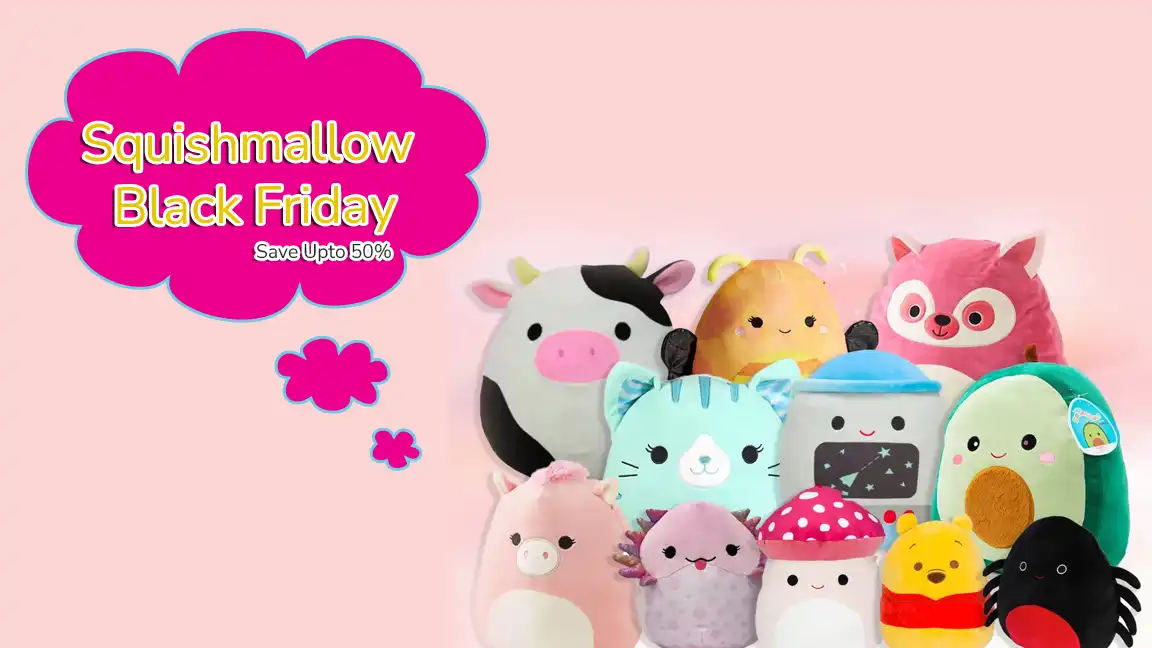Wondering why you have to avoid Fast Fashion Brands? And which Fast Fashion Brands you have to avoid. Fast fashion is to blame for the textile and apparel industries' explosive growth over the past 20 years. Fast fashion retailers and brands like H&M, Zara, C&A, Primark, and Forever 21 are rapidly entering major corporations. Fast fashion is not sustainable or ethical.
The excessive production and consumption of inexpensive disposable clothing contribute significantly to textile waste, air, water, and soil pollution, as well as greenhouse gas emissions. The growing demand from customers for brand-new, fashionable clothing at affordable prices is what makes fast fashion successful.
For the sake of the planet's future, we've compiled a list of fast fashion brands that should be avoided. It's critical to comprehend the damage the fashion industry is doing to the environment. We created this thorough list of fast fashion brands to avoid due to their terrible social and environmental effects. So let's check them out and contribute to saving the environment.
What Is Fast Fashion Brands and Why Avoid them?
Fast fashion refers to companies that produce large quantities of clothing all year long. Brands are now producing clothing for a fraction of what they once did. As a result, consumers can quickly and affordably update their wardrobes. However, the excessive consumption of low-quality clothing is causing a massive increase in textile waste, pollution, and the depletion of natural resources. It is bringing up social issues, like abuses of human rights, that we cannot ignore any longer. The best thing we as consumers can do is to stop funding this sector of the economy. Instead of buying fast fashion, we should start promoting eco-friendly clothing brands.
Brand Facts for Fast Fashion
- 80 billion brand-new garments are worn annually worldwide, a 400% increase from 20 years ago.
- Every year, the average American generates 82 pounds of textile waste.
- The value of clothing is lost due to insufficient recycling every year to the tune of $500 billion.
- The open-loop production cycles used by fast fashion companies lead to pollution of the land and water.
- In a landfill, three out of every five fast fashion items are produced.
Concerns Regarding Fast Fashion Brands of sustainable fast fashion:
It goes without saying that wearing so much additional clothing is bad for the environment. Fast fashion has a negative impact on the environment: It produces about one-third of the microplastics found in the ocean and 20% of the water waste produced worldwide. In addition, landfills receive 85% of all textile waste each year. To put it in perspective, that is equivalent to one garbage truck full of clothing being dumped in a landfill once every second.
Even though the truth about fast fashion is coming to light and sparking significant discussions on social media, it is still easy to understand why it is so widely used. It's among the simplest and most economical ways to buy clothing. Furthermore, we fully understand that the majority of customers are more likely to spend $10 on a fast-fashion t-shirt than $60 on a shirt made of organic cotton which is more likely to protect the environment.
These rankings accomplish that. Although there aren't any fast fashion companies that are truly eco-friendly, we want to give ethical consumers the information they need to make the most ethical and sustainable choices. If you decide to purchase fast fashion, you will be able to identify which brands are making progress and which are masters of expertly crafted greenwashing.
Fast Fashion Brands To Avoid
Shein
Social media helped the Chinese brand Shein quickly gain popularity; it now has over 20 million Instagram followers. It adds 500 new items per day to its website, all of which are very cheap. By doing this, the brand is endorsing the disposable culture that fast fashion retailers are fostering at the expense of the environment. That Shein has made an effort to lessen its environmental impact is not proven.
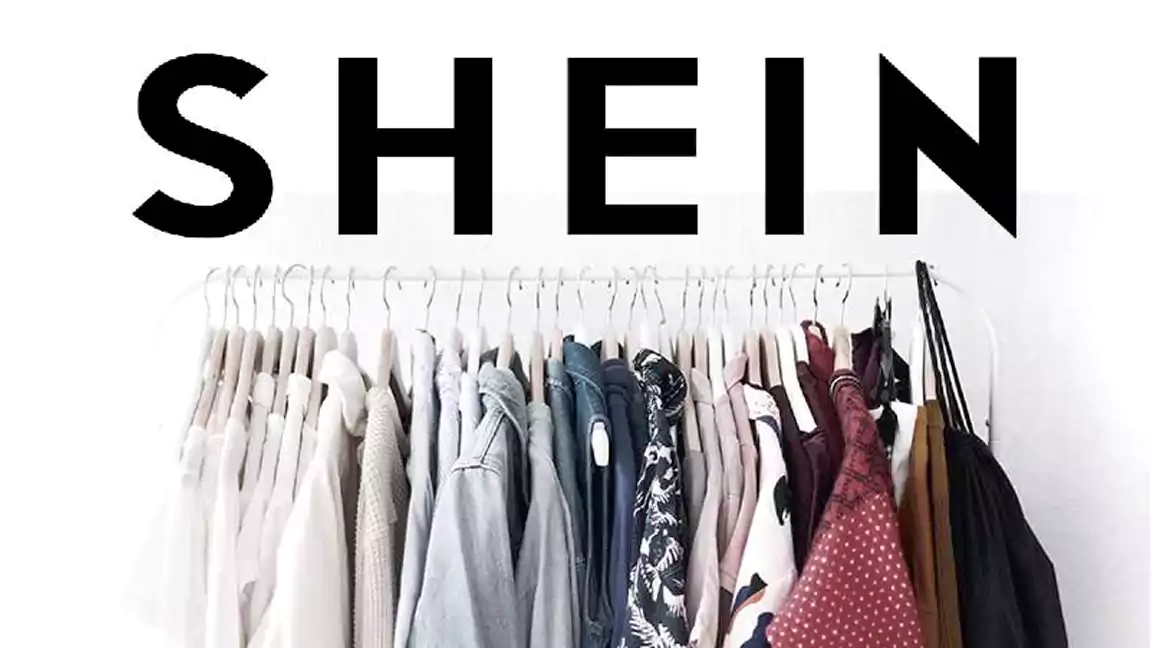
The business also keeps the location of its manufacturing a secret and is very secretive about its supply chain. Shein promises to pay its employees above-average wages and to never use child or forced labor. Despite this, given the low prices of the products it sells, it seems unlikely that the company pays its employees fairly.
Primark
The Irish company Primark is one of the largest clothing retailers in Europe. Because it outsources the manufacturing of its products, the brand has no influence over the working conditions of garment workers. There is no evidence that workers are paid fairly or that they are working in respectable or secure conditions, despite Primark's insistence that factories abide by a Code of Conduct.
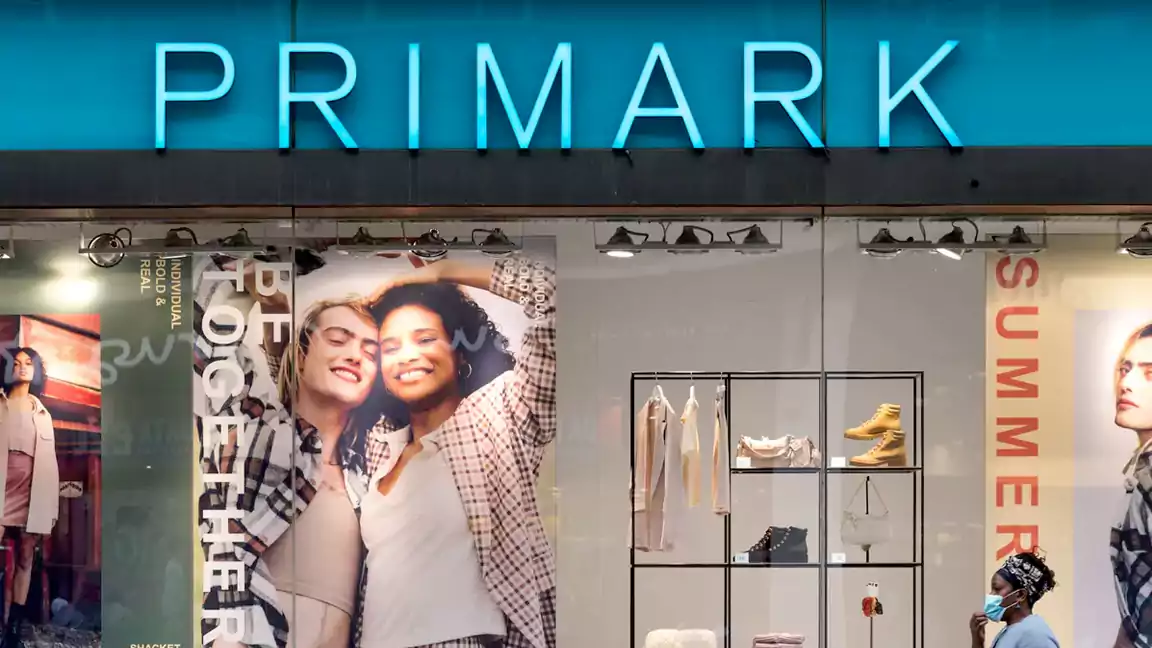
Even though Primark discloses the locations of the majority of the factories it works with, transparency could still be improved. The company participates in the Sustainable Apparel Coalition and donates unsold clothing to charitable organizations. The measures Primark is taking to lessen its significant environmental impact are not sufficiently well-documented, though.
Forever 21
Although Forever 21 is an ironically older fast fashion brand, it does not necessarily mean that it is more sensible. One employee could produce up to 700 shirts per day, according to a 2017 Los Angeles Times report. The company doesn't give much information about its output rate. The business' social responsibility page is also lacking. It has very few other initiatives besides its BYOB Program, which donates $0.05 to the American Forests Association for each customer who brings their own bag.
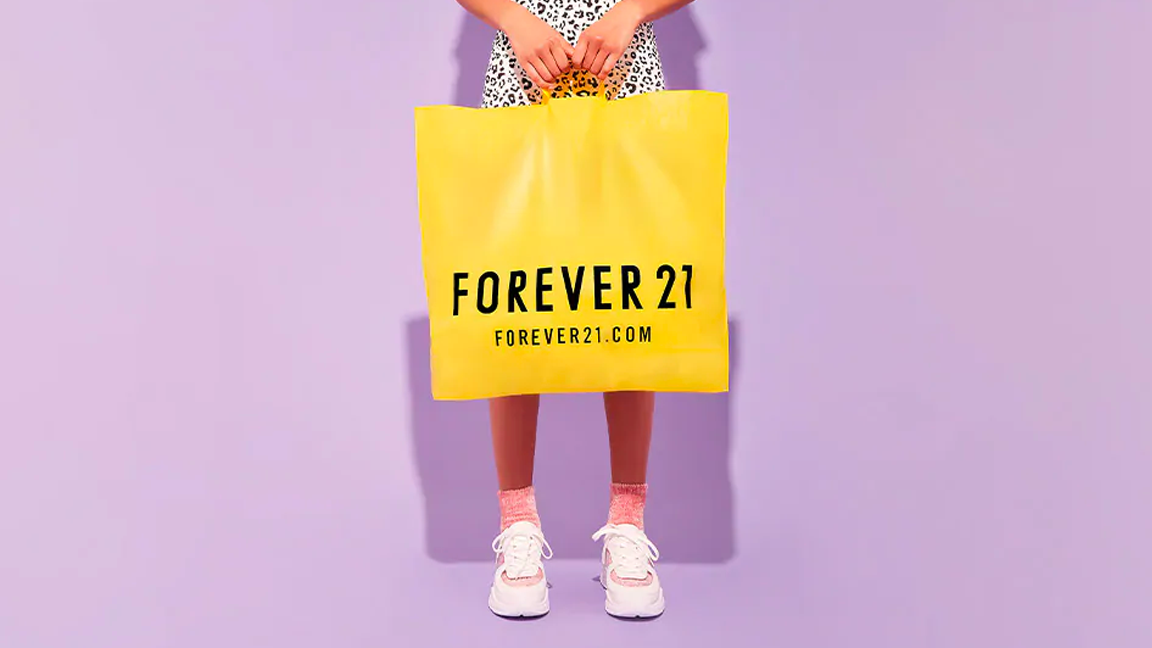
Unfortunately, complaints about unethical working conditions go unanswered by Forever 21. The U.S. Department of Labor discovered labor violations at 85% of the Los Angeles facilities investigated, some of which produce clothing for Forever 21 despite having pledged to "ensure that their employees work in safe and healthy environments."
Zara
The Spanish clothing manufacturer Zara is a member of the Inditex group of companies. Although the company uses recycled packaging and has a program for recycling textiles, it is secretive about how many resources are used to make its clothing.
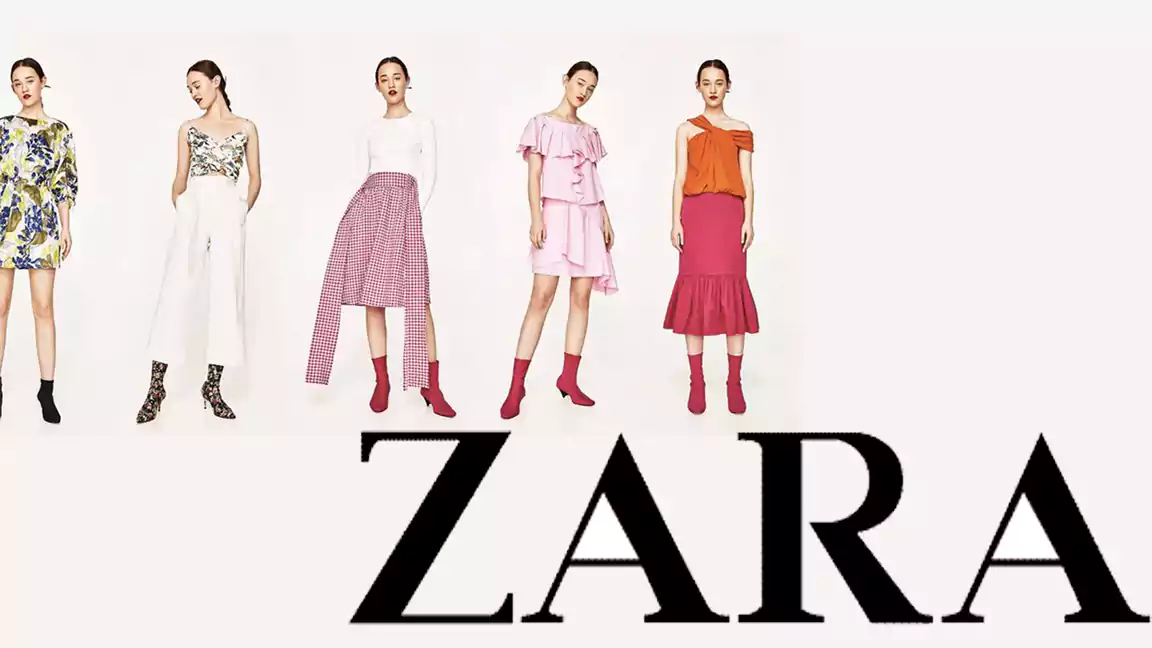
It conducts audits of subcontractors to determine whether they follow their code of conduct, but the results aren't fully disclosed. The company also fails to pay its garment workers living wages. In 2017, Zara shoppers in Istanbul found messages sewn into clothing. They were written by garment workers who claimed that in order for the company that produced Zara's clothing to stay in business, they had to perform unpaid labor.
Note: Now Save your money on your haircare by using great clips coupons and kohls free shipping code.
Fashion Nova
Influencers and famous people who love the Fashion Nova brand include Kylie Jenner and Cardi B. Additionally, the company is becoming more well-known, with over 20 million Instagram followers. Fashion Nova maintains a low profile when it comes to its production and sustainability objectives despite being active on social media.
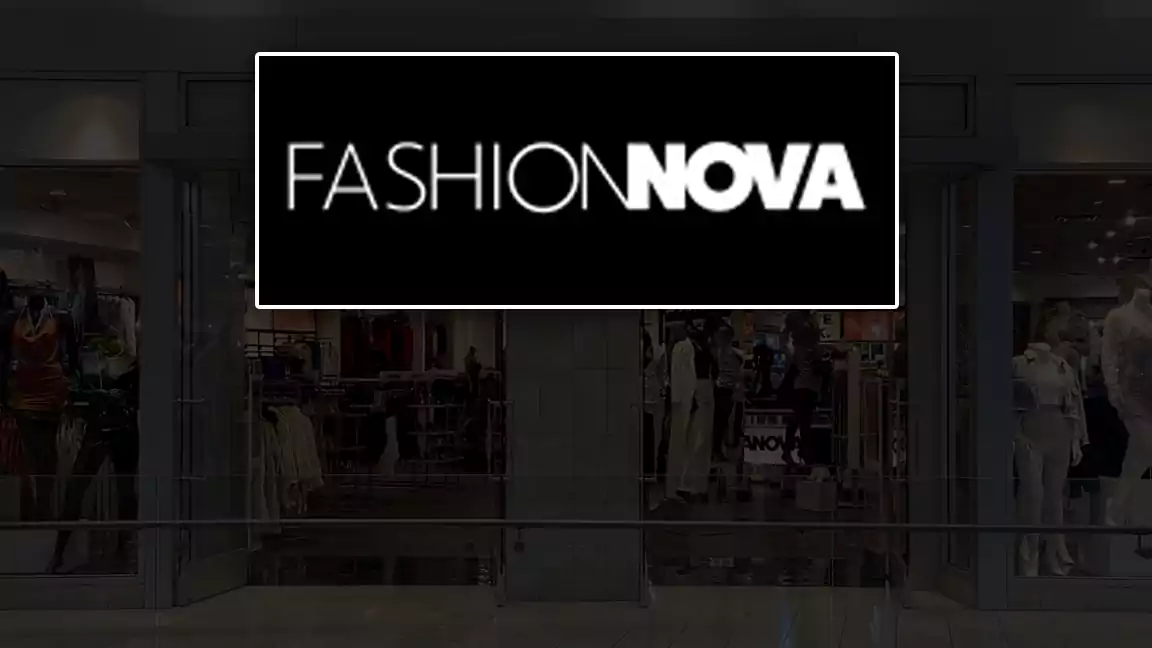
The business asserts that it adds 143 new items per day, or about 1,000 new arrivals per week, to its website, much like Missguided does. It also brags about how quickly it can predict fashion trends and let customers know about them. The company offers quick international shipping, making its products widely available everywhere, according to the Instagram bio for the company. Fashion Nova is at the bottom of our ranking because it lacks transparency and sustainability objectives.
Fast Fashion Brands Alternatives that You Must Try
PACT
PACT is a well-known sustainable clothing brand that uses organic fabrics and Fair Trade factories to make stylish everyday clothing. It creates moral clothing for adults, adolescents, kids, and infants.
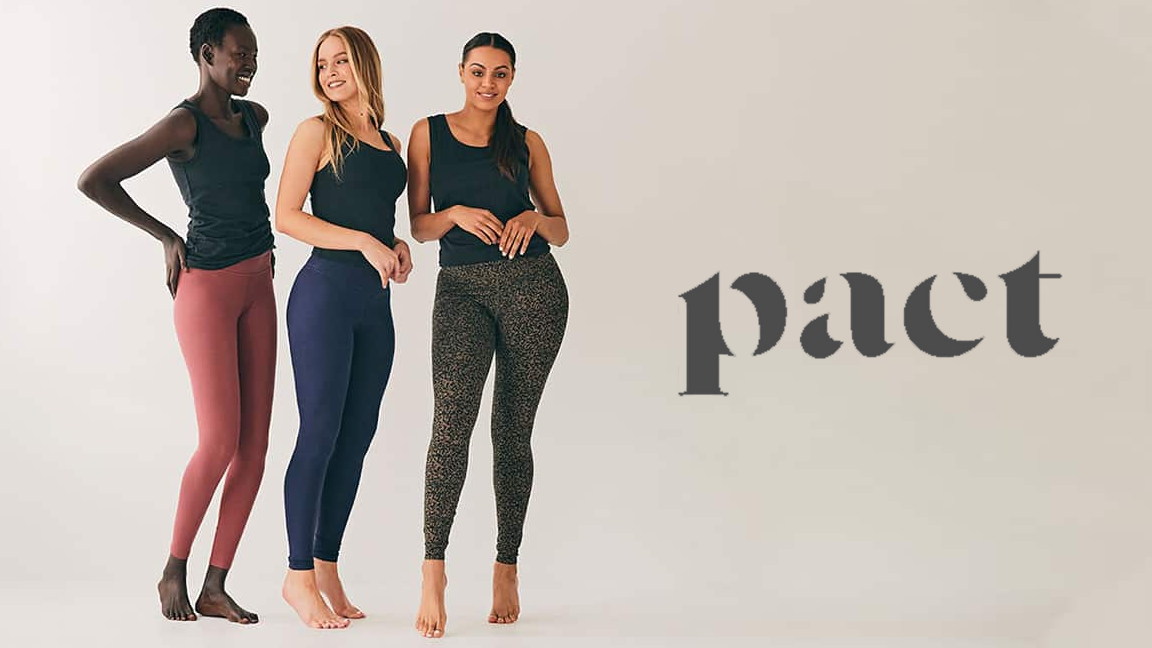
PACT sells wearable organic cotton home goods and apparel that is produced sustainably and ethically. It aims to enact change by acting and being better. PACT encourages daily wear of organic clothing. It produces inexpensive, functional, cozy, and straightforward clothing. It offers organic alternatives that fit the lifestyle of conscientious consumers because doing good should be simple.
YesStyle
YesStyle is dedicated to upholding sustainability ideals. They have contributed to planting more than 500,000 trees, and they also collaborate with groups dedicated to environmental protection, such as The Nature Conservancy, which has assisted them in establishing more than 350 000 saplings since 2010. A number of Asian brands are sold online by the retailer YesStyle, which also sells fashion, skincare, and lifestyle items.
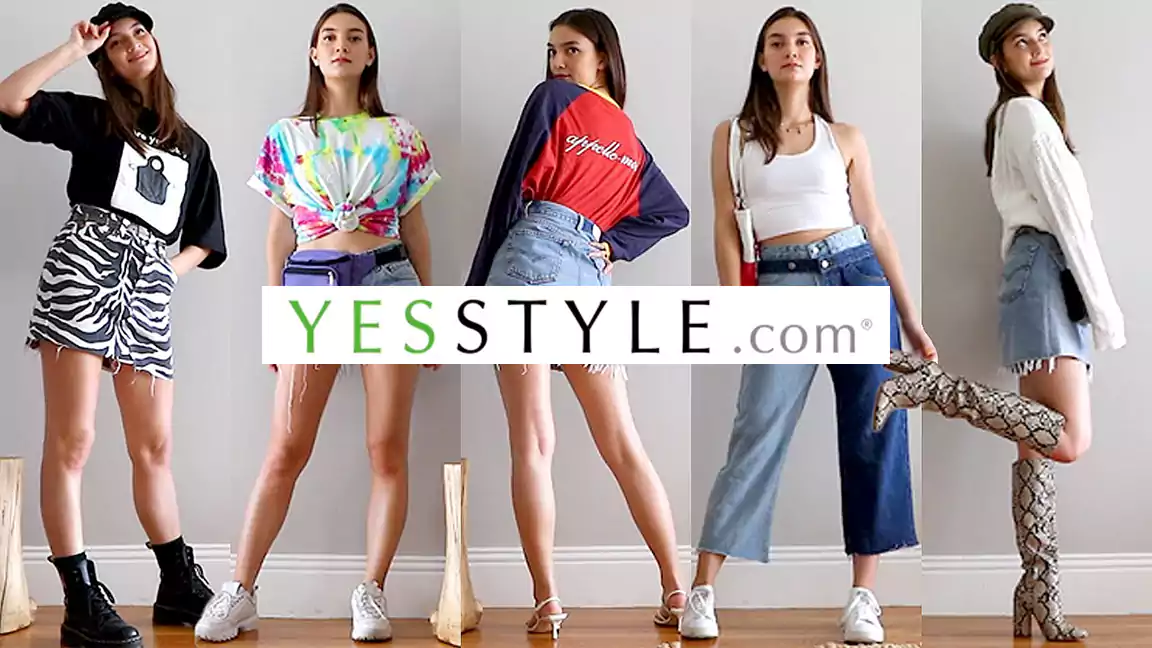
The brand's opacity is the main problem with YesStyle. We have a right to information as consumers about the origins and manufacturers of the goods we purchase. The company keeps its supply chain and the where and how of the products sold on its website a secret. Additionally, YesStyle does not appear to take any actions to lessen its environmental impact and does not have any targets for reducing greenhouse gas emissions. Try the YesStyle rewards code and save your money.
Everlane
Everlane is a slow fashion brand that produces chic, modern necessities in the best factories without adding the usual markups. It's a great place to shop for top-notch, ethical, fair, and sustainable clothing. The majority of the clothing store's merchandise is sold online and it is based in San Francisco, California. It heavily utilizes sustainable materials like organic cotton and recycled fabrics.
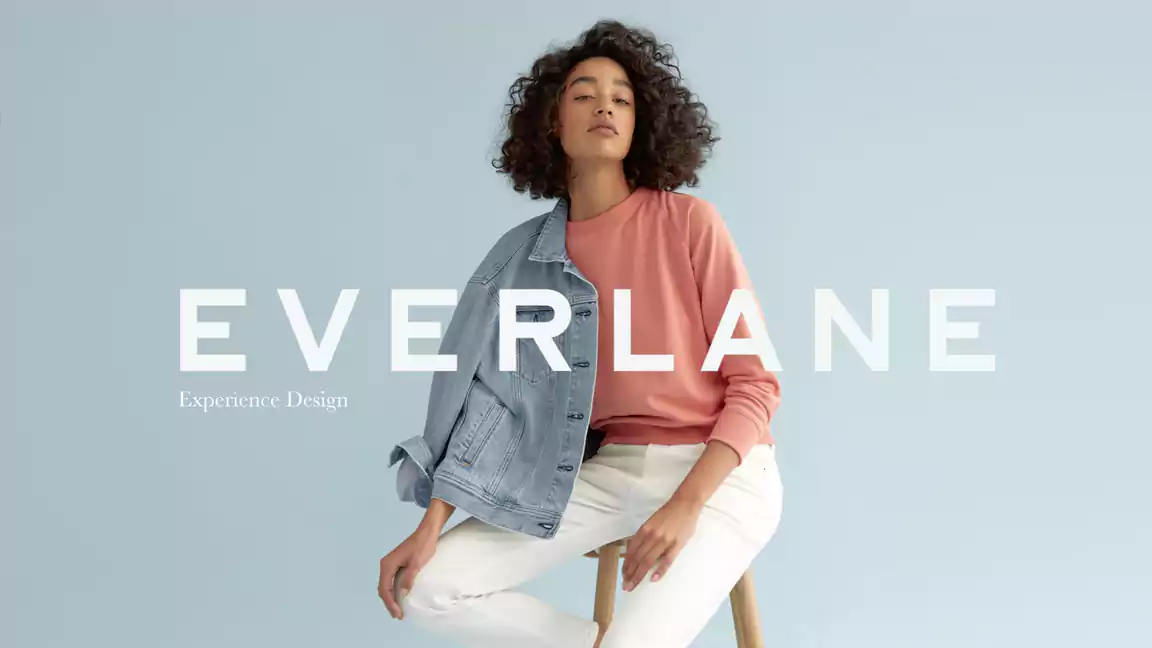
The company sells ethically made, long-lasting intimates, dresses, activewear, basics, shoes, and denim. It believes that goods of exceptional quality have the power to transform the world. Everlane has earned a reputation for being incredibly transparent. Customers are informed about the company's manufacturing processes, workforce, and cost breakdowns for each product.
Try this Ulta coupon $10 off $40 and save on your beauty products.
Boody
Boody is a slow fashion company that produces necessary soft clothing items for everyday use. Viscose from bamboo makes up the majority of its gorgeous, ethical, and eco-friendly clothing. Boody wants to give you clothes that you can wear with confidence and that is comfortable. For adults, teenagers, and kids, it sells loungewear, intimates, athletic wear, and accessories.

The brand ensures ethical, moral, and legal working conditions with the WRAP certification. Every piece of bamboo used in the chain's production also comes from managed forests that have received FSC certification.
Summing Up
All of these above-mentioned fast fashion brands support the use of disposable clothing. Their corporate strategy is inherently unethical and unstable. The production of cheap clothing is out of control, which encourages consumers to buy and discard more clothing than ever. These businesses are seriously harming the environment and putting the lives of garment workers in danger.

Fortunately, we are not obligated to support these strategies. Consignment shops, ethical and sustainable brands, and appreciating the clothing we already own should be our new shopping habits.










.jpg)
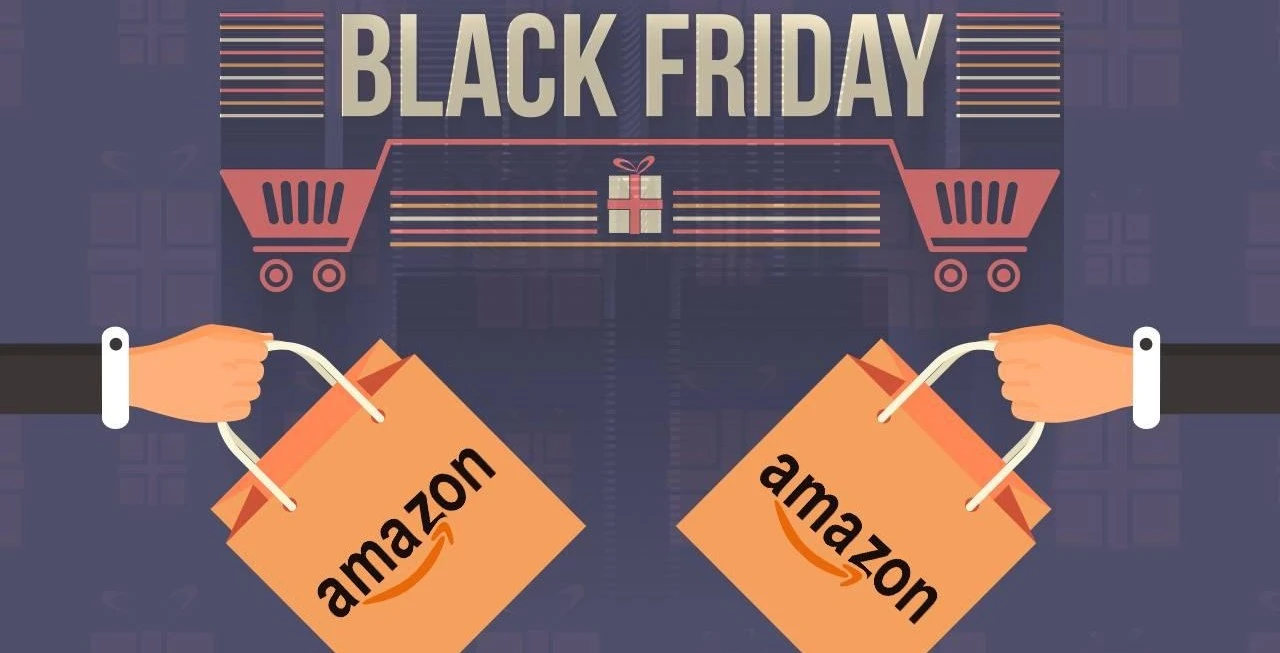








![When Will Walmart Release Black Friday Ad? [ULTIMATE Guide]](https://www.mysavinghub.com/assets/images/blog/798_large_When-Will-Walmart-Release-Black-Friday-Ad-ULTIMATE-Guide.webp)


